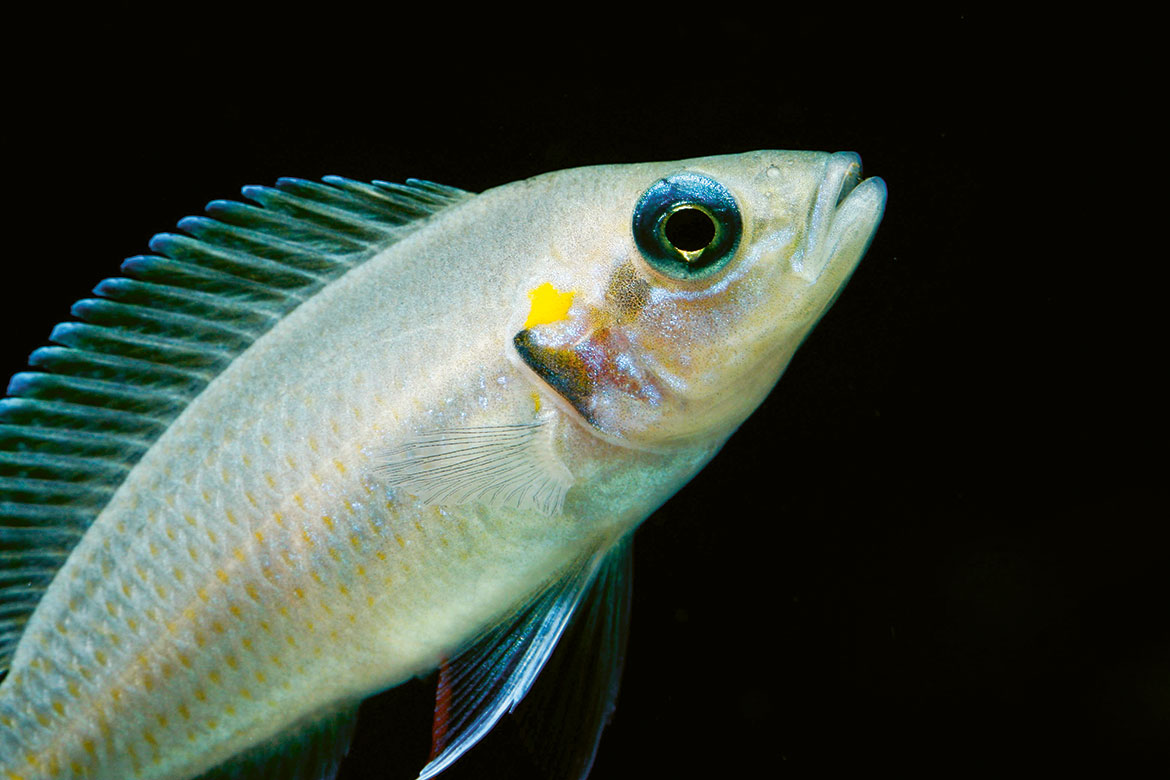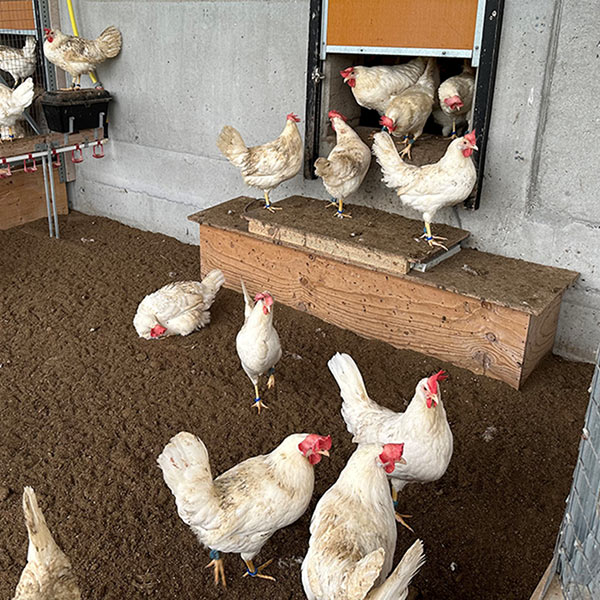Fishy behaviour
Driving out competition and protecting their offspring – this behaviour by cichlids is not really determined by their genes.

Should I defend my territory? The decision is rarely predetermined by genetics. | Picture: shutterstock/Pavaphon Supanantananon
Just like many mammals, certain species of cichlid have developed a sophisticated system of social behaviour. These fish look after their brood in family networks, and they also work together to fight enemies. Biologists at the University of Bern have now discovered that this behaviour is hardly determined by genetics at all, but is primarily a result of their environment.
In their study, they observed more than 380 young fish of the species Neolamprologus pulcher over the course of three different experiments. The first was to investigate competitive behaviour: the fish had to defend their home against members of their own species. In the second experiment, the researchers determined how well the fish can integrate themselves in a group. And the third experiment was to find out how actively the fish helped each other to defend their group and their brood when attacked by a predator fish. The biologists combined their observations with an analysis of the family tree of the test fish in order to determine the degree to which genetics had an impact on them.
The results showed that just one of their behaviour patterns – helping to defend against attack by a predator – was partially a hereditary trait. The other two – integrational ability and competitive behaviour – were hardly hereditary at all. “The idea that any aspect of social behaviour might be hereditary was surprising to us”, says Claudia Kasper, the primary author of their study. An earlier study had shown that even cooperation when caring for the brood was only to a small degree influenced by the genes. “Today, we know that complex behavioural patterns are barely hereditary, but are a specific reaction to the environment”, says Kasper. “This is the only way that living creatures can be flexible in their reactions”.




